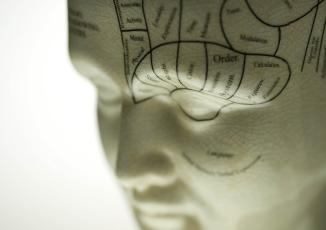Former Australian of the Year and Professor of Youth Mental Health, Patrick McGorry, will speak about the role of personalised medicine in potentially serious mental disorders at a UNSW neuroscience conference this week.
Professor McGorry, from ORYGEN Youth Health Research Centre, will call for the development of new terminology to allow for early detection of disorders in a way which does not stigmatise patients.
As the plenary speaker at the Brain Sciences UNSW Symposium, The Interactive Brain: Translational Neuroscience, he will also suggest there should be a focus on novel therapeutics, which could create a pathway to personalised medicine.
Other research being presented at the symposium includes:
- Self-control can reduce aggression: Neural pathways and psychological interventions – UNSW Associate Professor Tom Denson
- Deep brain stimulation for movement disorders – Dr Stephen Tisch, UNSW’s St Vincent’s Clinical School
- Dopamine levels and pathways in impulse control – UNSW Professor Glenda Halliday, based at NeuRA
- Addiction theories and the brain: a meeting of minds? – Professor Michael Farrell, UNSW’s National Drug and Alcohol Research Centre
“Focusing on the interactive brain in the context of translational neuroscience illustrates that the brain is not an immutable organ, but one which is constantly changing at the level of the individual with age, experience, disease, trauma, and in response to psychological or physical interventions,” says the Convenor of Brain Sciences UNSW, Professor Simon Killcross.
“Knowing about these changes affords the opportunity for major advances in personalised therapeutic strategies, which we hope will transform many lives,” he says.
What: Brain Sciences UNSW Symposium The Interactive Brain: Translational Neuroscience
When: 9–5pm, Friday 18 October 2013
Where: Leighton Hall, John Niland Scientia Building Lower Ground, UNSW
Media contact: Susi Hamilton, UNSW Media Office, 9385 8920, 0422 934 024


